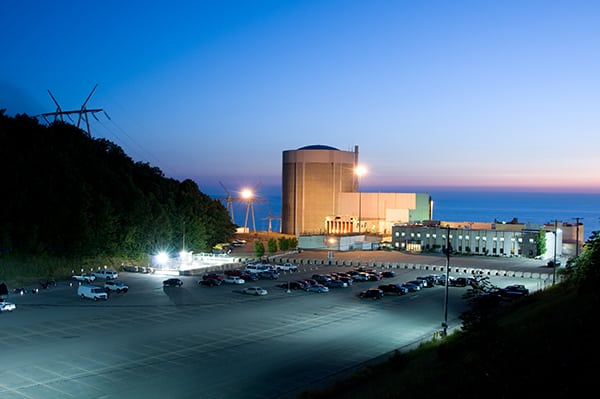
RadWaste Monitor Vol. 16 No. 9
Visit Archives | Return to Issue PDF
Visit Archives | Return to Issue PDF
RadWaste & Materials Monitor
Article 1 of 13
March 03, 2023
Despite opportunity for Palisades restart in second round of plant bailouts, Holtec exploring other options

Even as the Department of Energy this week opened the door for a shuttered Michigan nuclear plant to qualify for its billion-dollar bailout program, the company aiming to restart the facility said it would look for federal funding elsewhere.
Holtec International,…
Partner Content